Earnings
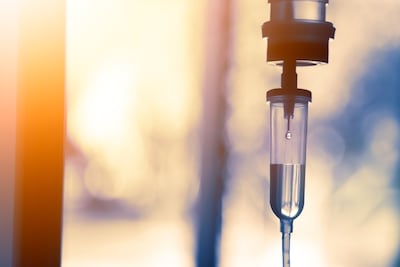
Eisai/Biogen’s Alzheimer’s disease medicine Leqembi has been a challenge to launch, but while access to pre-treatment testing has improved, infusion center capacity is impacting US sales.
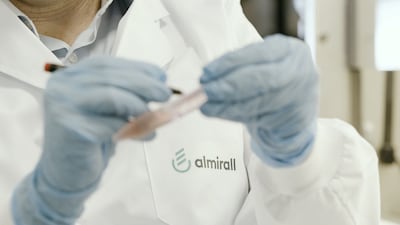
The Spanish company's Lilly-partnered atopic dermatitis drug is enjoying a decent launch in Germany and in other European countries, "we are getting the price that we wanted," claims CEO Carlos Gallardo.
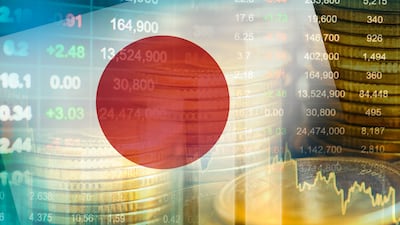
Takeda, Astellas, Daiichi Sankyo, Chugai, Shionogi all revised their annual forecasts upwards due to forex rate impact and saw mostly solid overseas sales growth in the fiscal first half.

Q3 sales of DMD gene therapy Elevidys beat forecasts, but the company declined to raise Q4 and 2025 guidance. It plans to file a second gene therapy with the US FDA next year.

The drug maker said in its third quarter earnings report that competition from other therapeutic classes, particularly bispecifics, resulted in a slight decline of sales for the CAR-T.

Beyond its cardiovascular partnership with AstraZeneca, Ionis is getting ready to launch antisense drugs for familial chylomicronemia syndrome and hereditary angioedema.
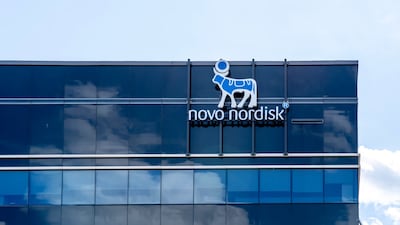
A single molecule was responsible for nearly three quarters of the Danish group’s DKK71.3bn ($10.3bn) Q3 revenues.
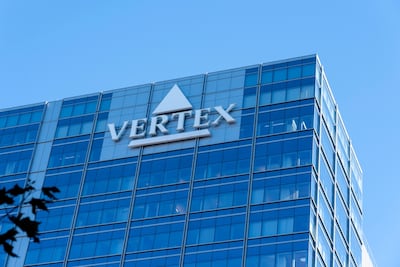
Q3 revenue beat consensus and Vertex raised its guidance, but R&D progress was the main highlight across the cystic fibrosis, kidney disease, type 1 diabetes and, particularly, pain pipeline.

The otherwise encouraging data were marred by one patient death, but the company attributed it to the busulfan conditioning regimen and not BEAM-101.

Sales of its novel COPD therapy in its first quarter on the market were more than double consensus estimates, and Verona sees more to come.

Investors’ different responses to third-quarter sales growth at Sanofi and Novartis left future seasonal sales trends and past business development activity under scrutiny.
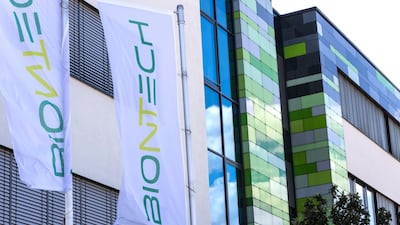
The biotech company is pushing the anti-PD-L1xVEGF-A bispecific antibody into Phase III, where it has potential to beat Akeso/Summit’s ivonescimab to market.

The company, now the most advanced clinically in the psychedelic space after the rejection of Lykos's MDMA-based post-traumatic stress disorder drug, is cutting its workforce by a third and narrowing its research focus after shifting the timeline for its late-stage depression candidate.

Continued growth for mainstay Entyvio and cancer newcomer Fruzaqla drove growth at Takeda in the fiscal first half, with the Japanese major brightening its outlook for the full year.

With its two biggest sellers losing exclusivity in 2028, the pressure is on for Bristol Myers Squibb to grow revenue through new products, which made meaningful contributions in Q3.

Third quarter sales for PAH drug Winrevair came in better than expected, while issues in China continued weighing on Gardasil.

Doubling some analyst projections for its second full quarter on market, Madrigal’s NASH drug appears headed to blockbuster status and a sustained market position.
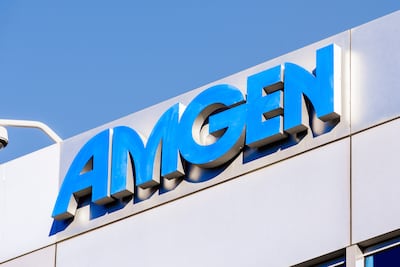
Amgen’s product sales grew 24% to $8.15bn in Q3 and its gains are being reinvested in R&D and manufacturing, including for MariTide, which will report Phase II obesity data in late 2024.

Lanreotide supply challenges could impact Cipla’s US revenues in the coming quarter, while the firm hopes it can seize emerging opportunities in the GLP-I segment in India, where Novo Nordisk and Eli Lilly are progressing filings for their blockbuster products.

Uptake in immunology, gastrointestinal and dermatology indications have enabled Skyrizi to post 51% year-over-year growth, and overtake sales for biosimilar-challenged stalwart Humira.